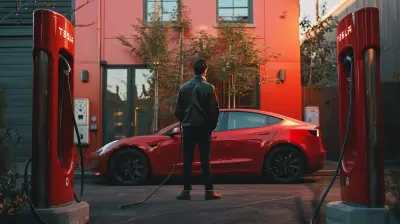How Electric Vehicles Are Transforming the Car Industry
13 September 2025
Electric vehicles (EVs) are no longer just futuristic concepts—they're here, and they're changing the game. From environmental benefits to cost savings and innovative technology, EVs are shaking up the car industry in ways we never imagined. But how exactly are these silent, battery-powered machines revolutionizing the roads? Let’s dive in.
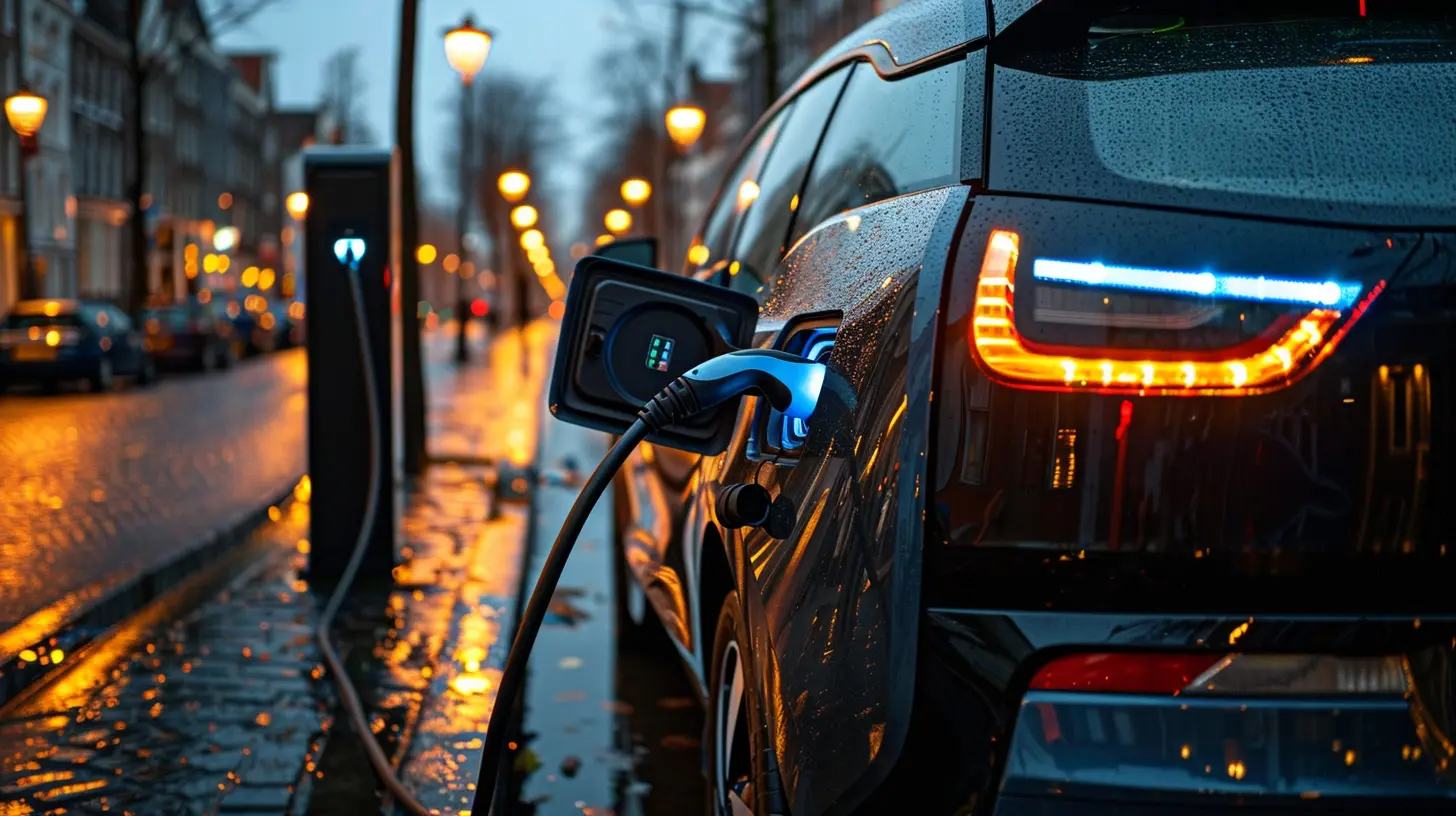
The Shift Towards Electric Mobility
The automotive industry has long been dominated by gasoline and diesel engines. For over a century, the hum of combustion engines has defined transportation. But times are changing. As concerns over climate change and fuel dependency grow, EVs have emerged as the clear solution.Governments worldwide are pushing for cleaner alternatives, with strict regulations on emissions and incentives for electric cars. Automakers, once skeptical, are now racing to electrify their fleets. Tesla may have pioneered the mainstream EV push, but now, giants like Ford, Volkswagen, and General Motors are all in on the action.
In short, we’re witnessing an industry-wide revolution.
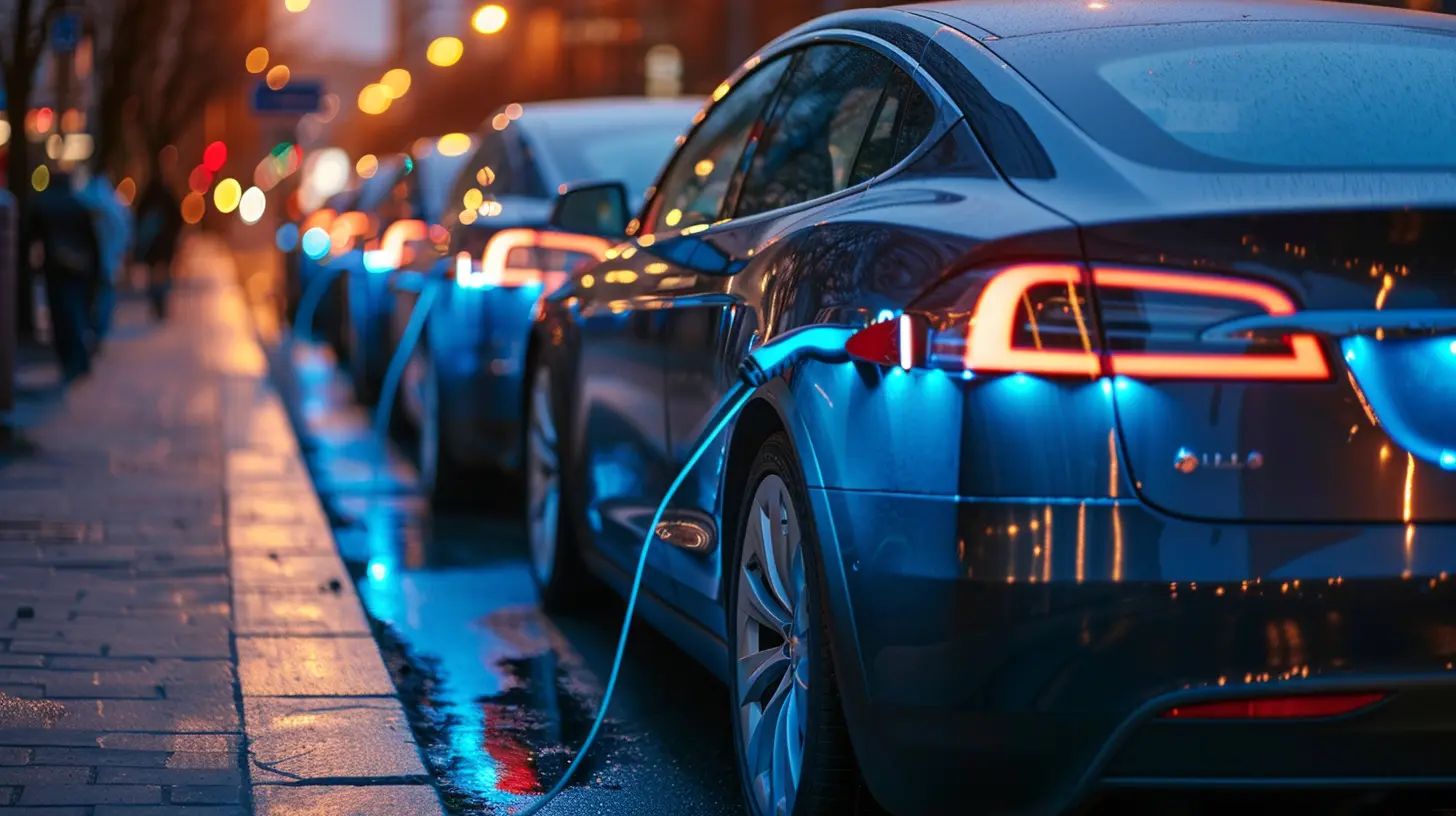
Environmental Impact: A Breath of Fresh Air
Let’s talk about one of the biggest reasons behind the EV boom—sustainability.Traditional vehicles rely on fossil fuels, spewing out carbon dioxide (CO₂) and other pollutants that contribute to global warming. EVs, on the other hand, produce zero tailpipe emissions. This means cleaner air, reduced greenhouse gases, and a healthier planet.
But wait, what about battery production? Yes, manufacturing EV batteries does have an environmental footprint, especially in mining lithium, cobalt, and nickel. However, studies show that over their lifetime, EVs still have a significantly lower carbon footprint compared to their gas-guzzling counterparts. Plus, as battery recycling technologies improve, the impact will continue to shrink.
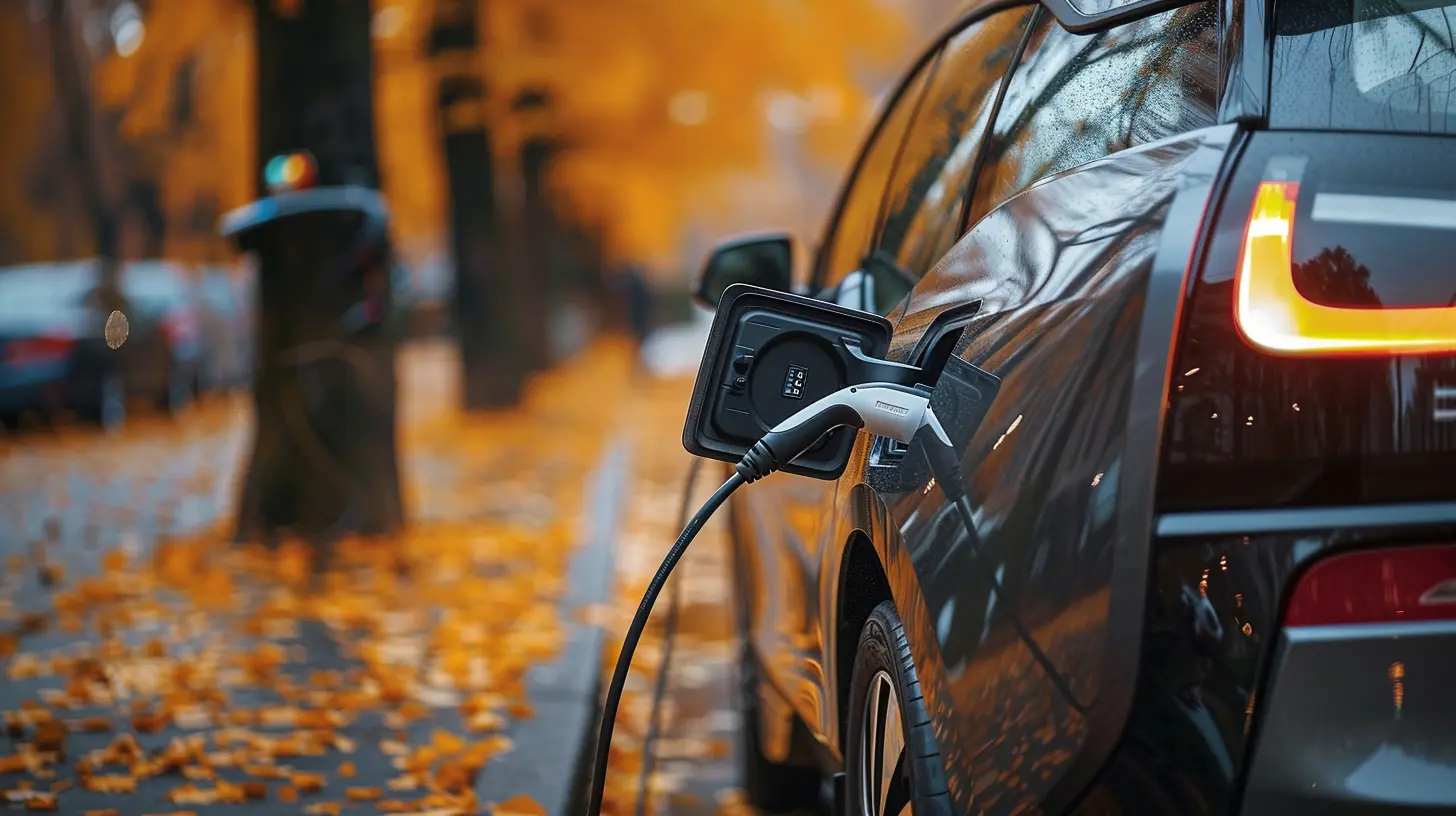
Cost Savings: More Than Just a Trend
For years, many believed EVs were only for the wealthy. But that’s changing fast.Lower Operating Costs
One of the biggest perks of driving an EV is how much cheaper it is to operate. Charging an EV costs significantly less than refueling a gasoline car. Plus, electric motors have fewer moving parts, which means lower maintenance costs. Say goodbye to oil changes, timing belts, and exhaust system repairs!Government Incentives
Many countries offer tax credits, rebates, and incentives for purchasing an EV, making them more affordable than ever. Some states even allow EV drivers access to carpool lanes, offering not just savings but also convenience.Long-Term Value
Yes, EVs may have a higher upfront cost, but over time, the savings on fuel and maintenance add up. Many EV owners find that despite the initial price tag, they save thousands of dollars in the long run.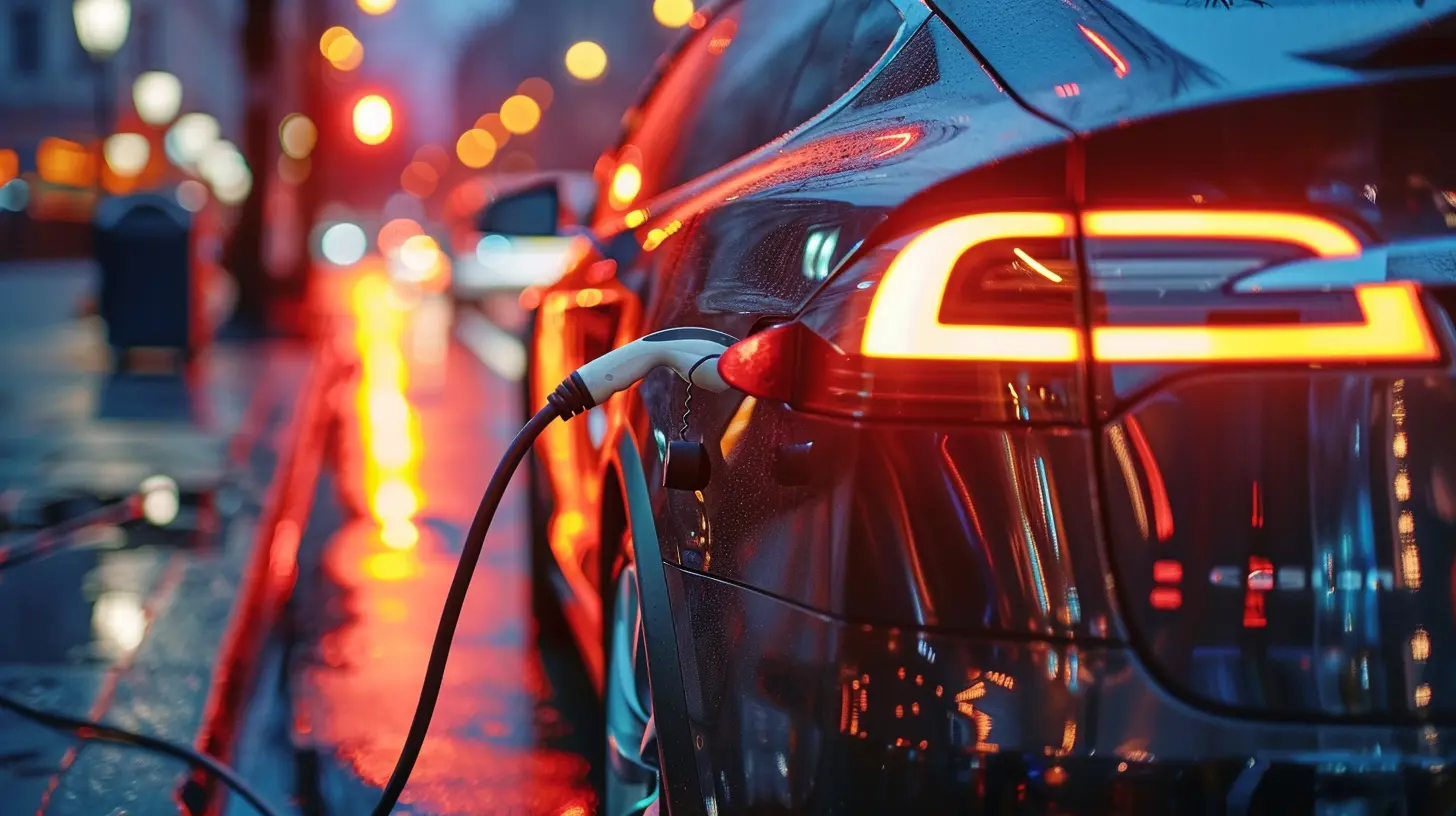
The Role of Technology in EV Advancement
Electric cars aren’t just about swapping gas for batteries—they’re loaded with cutting-edge technology.Battery Improvements
Battery range anxiety used to be a major concern. But thanks to advances in lithium-ion batteries and emerging solid-state battery tech, EVs now boast ranges that rival (or even exceed) gasoline cars. Some modern EVs can travel over 400 miles on a single charge!Fast Charging Networks
Charging infrastructure is expanding rapidly. Companies like Tesla, Electrify America, and ChargePoint are building fast-charging networks that allow drivers to recharge in minutes instead of hours. Governments are also investing in charging stations, making it easier than ever to own an EV.Autonomous Driving & AI
Many EVs come with state-of-the-art driver-assistance features, and some are pushing towards full autonomy. Tesla’s Autopilot, GM’s Super Cruise, and other AI-driven systems are not just making driving easier but also paving the way for a future without human-driven cars.The Changing Face of the Automotive Market
The rise of EVs is forcing traditional automakers to rethink their strategies. New players are entering the market, and old giants are pivoting to stay relevant.Legacy Automakers Going Electric
Companies like Ford, Mercedes-Benz, and BMW, once hesitant to go electric, are now pouring billions into EV development. Volkswagen aims to become fully electric by 2035, and GM plans to stop producing gas-powered cars entirely by 2035.The Tesla Effect
Tesla, once dismissed as a niche luxury brand, is now valued higher than many legacy automakers combined. Its success has pushed competitors to innovate and accelerate their EV plans.New Startups and Competition
EVs have also opened the doors for startups. Companies like Rivian, Lucid Motors, and NIO are challenging the status quo, introducing new designs and pushing automotive tech boundaries.
The Challenges Ahead
Despite the progress, EVs still have some hurdles to overcome.Charging Infrastructure
While charging networks are growing, they’re not yet as widespread as gas stations. Rural areas still lack proper charging facilities, making long trips tricky for some drivers.Battery Supply and Recycling
Demand for lithium and other rare materials is skyrocketing, raising concerns about sustainability and supply chain stability. However, advancements in battery recycling and alternative materials could solve this issue in the near future.Affordability for All
EV prices are dropping, but they’re still out of reach for many people. As battery tech improves and manufacturing scales up, we’ll likely see more affordable models entering the market.The Future of EVs: Where Are We Headed?
EVs are no longer a niche product—they’re rapidly becoming the norm. So, what does the future hold?Autonomous EVs could redefine personal transport, turning cars into mobile workspaces or entertainment hubs. Wireless charging roads could eliminate the need for plug-in stations altogether. Solid-state batteries might push range limits to over 600 miles per charge.
One thing is clear: the EV revolution isn’t slowing down. With governments, automakers, and consumers all pushing for a greener, smarter future, electric vehicles are here to stay—and they’re only getting better.
Conclusion
Electric vehicles are transforming the car industry in ways we could have only dreamed of a decade ago. They’re cleaner, cheaper to operate, and packed with technology that’s pushing the boundaries of what’s possible. While challenges remain, the shift to an all-electric future seems inevitable.So, if you're still on the fence about EVs, maybe it's time to take one for a spin. After all, the future of driving is electric!
all images in this post were generated using AI tools
Category:
Electric VehiclesAuthor:

Vincent Hubbard
Discussion
rate this article
1 comments
Caelestis Wood
Great insights on EV industry transformation!
September 29, 2025 at 4:25 AM

Vincent Hubbard
Thank you! I'm glad you found the insights valuable.
